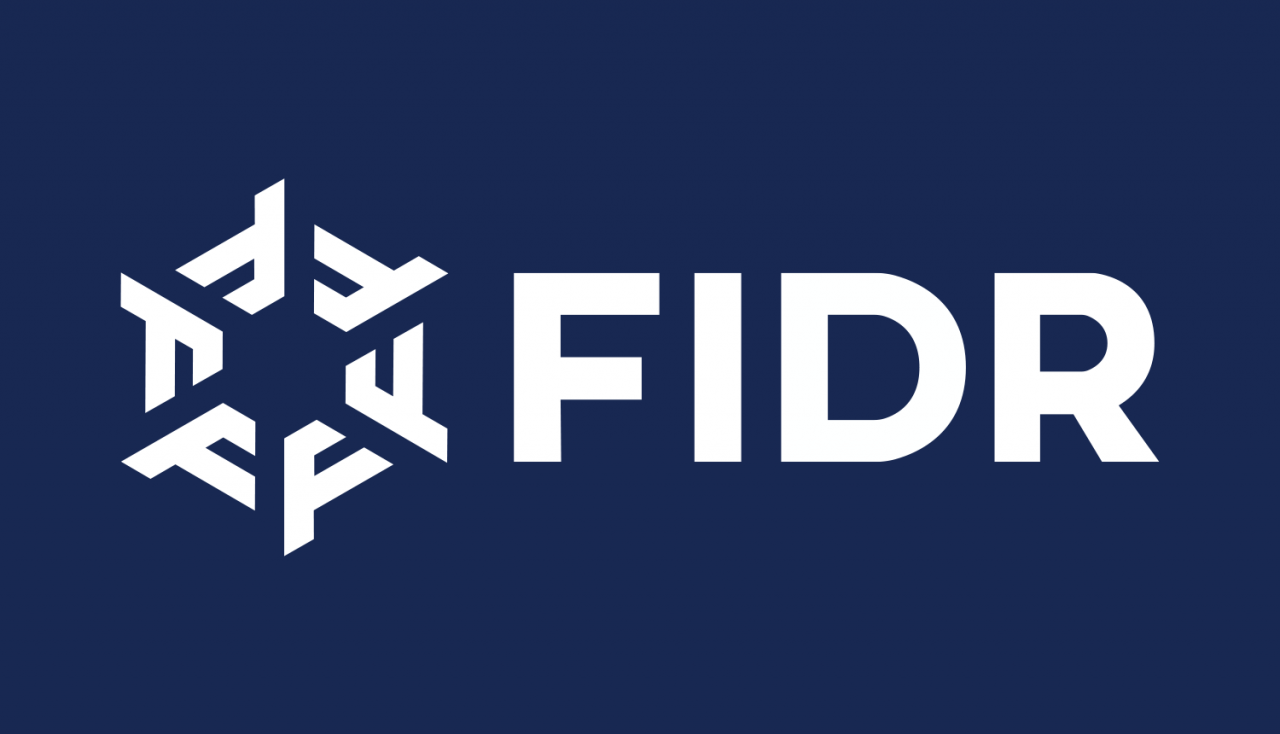Since 2021, when the State Police, together with its partners - Lithuania, Estonia and Europol - launched the FIDR project to strengthen the countries' capabilities in combating drug trafficking, money laundering and organized crime, more than 50 cross-border operations have been carried out in three years, allowing to identify criminal networks and expose illegal money flows. In total, 72 people have been detained during the project and the total amount of confiscated narcotics exceeds 8.2 tons, the illegal market value of which is estimated in hundreds of millions. The results of the project were also presented at the final conference in Hague, in the Europol, at the end of February, where the possibilities for further development of this project and the effective tools introduced during it were also discussed.
In 2021, the State Police launched an ambitious and large-scale project called "Development and Application of Innovative Proactive Tools in Combating Drug Trafficking Organizations in the EU Member States" or "FIDR project". Its main goal was to offer EU Member States an innovative and proactive method, the latest technical solutions, while saving human and financial resources, to effectively combat organized crime groups at national, regional and cross-border levels, including identifying and eliminating transit routes, carrying out the seizure of narcotic and psychotropic substances, identifying and disrupting money laundering mechanisms, and ultimately bringing the perpetrators to justice.
The project involves countries such as Finland, Germany, Poland, Norway, Switzerland, Austria, Belgium, France, the Netherlands, Spain, Portugal, and the US law enforcement agencies have also joined the project. It should be recalled that the FIDR project was initiated by Latvia, which is also the leading country of the project, while the accredited partners are the Lithuanian Criminal Police Bureau and the Estonian Police and Border Guard Board, and Europol's support is also significant.
"Why is this project unique? Because it works! This is the simplest way to describe the project's success story. It's no secret that organized crime aims to make illicit profits, and every year crime evolves and seeks new solutions to launder these illegal proceeds. On the other hand, we are looking for solutions to keep up with and fight them. At the same time, it should be noted that organized crime has no borders, no time constraints, and no bureaucracy. It can sometimes take months for institutions to receive funding to fight organized crime - we found a solution to this in the FIDR project," says Romāns Jašins, Deputy Head of the Organized Crime and Serious and Serial Crimes Division of the Criminal Investigation Department of the Main Criminal Investigation Department of the State Police, about the project's significance and uniqueness.
Due to the specifics, the exact details of how the FIDR project works and what this innovative tool is cannot be fully disclosed to the public, but we can assure you that it has proven itself and exceeded expectations several times over. The project's results are not just numbers, but also achieved goals, and they are more than impressive. In total, during the project:
The total amount of confiscated narcotics exceeds 8.2 tons - mainly cocaine and marijuana were confiscated, but large quantities of MDMA, synthetic opioids, ALFA PVP, and methamphetamine were also confiscated. The total value of these drugs on the illicit market is estimated to be in the hundreds of millions;
It is important to note that the FIDR project's final conference was held in Hague, Europol, at the end of February. At the conference, the Latvian project delegation, together with the participating Member States, Europol, Eurojust and US law enforcement agencies, presented the results achieved during the project and discussed the important issue of the project's further development and wider implementation of the developed effective tools. In addition, a bilateral meeting and an award ceremony took place between the Latvian delegation and the State Police Chief Armands Ruks and Europol Director Catherine de Bolle.
Project manager Romāns Jašins is convinced of the usefulness and contribution of the project to the fight against organized crime, as well as the necessity for its further development: “The developed and strengthened cooperation between countries can certainly also be highlighted as another result of the project, backed up by mutual trust. All those involved share the objective of tackling organized crime. During the project, we realized that this tool introduced could be used not only to combat drug crime but also other forms of organized crime, including human trafficking, cyber crime, arms trafficking and others. All crime is one big puzzle, everything is interconnected – we have to contend with it. That is why we are now aiming for further development of the project by extending its objectives.”
It is worth noting that in 2024, the European Commission recognized the FIDR project as one of the best practice examples of the cooperation capabilities of Member State police forces and the fight against drug smuggling, which should be implemented in each Member State.
